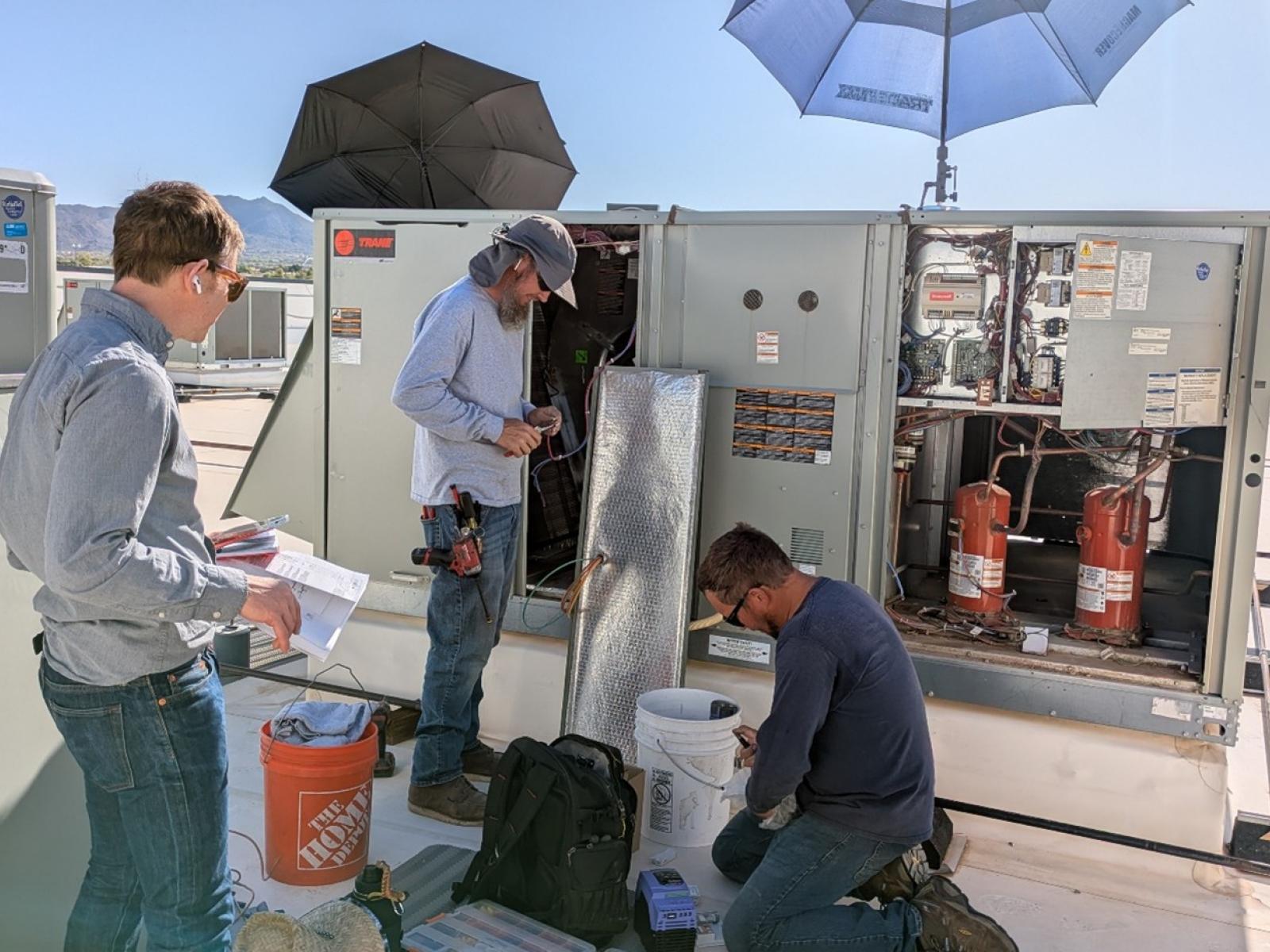Electricity Infrastructure
and Buildings Division
Electricity Infrastructure
and Buildings Division
The Electricity Infrastructure and Buildings Division’s eight research groups comprise a wide range of capabilities and experts who possess a common passion for innovation, collaborative problem solving, and making a difference in the world. The groups are:
Power System Modeling
The Power System Modeling Group drives innovation in power systems engineering by advancing methods to model, simulate, and analyze the transmission, distribution, and use of electric power. This group stewards capabilities in:
- Bulk Energy System Modeling—Advancing transmission and grid modeling to analyze regional and interconnection-scale dynamics and advancing new approaches in bulk energy system modeling and co-simulation.
- Grid Edge Modeling—Developing and deploying modeling approaches that advance the integration and coordination of distributed energy resources.
- Power Markets—Creating novel market modeling methods to evaluate emerging technologies across diverse policy, regulatory, and grid conditions.

Energy Systems Resilience
The Energy Systems Resilience Group develops methods, tools, and testbeds for integrating power electronics at scale and enhancing the cyber-physical resilience of energy system operations. This group stewards capabilities in:
- Power Electronics Modeling—Modeling, testing, and validating at‑scale integration of power electronic devices and systems.
- Cyber-aware Design and Testing—Developing methods for cyber and physical security risk evaluation and testing of secure communications for energy systems.
- Grid Operations Testing and Validation—Evaluating new modeling methods and control strategies for improved real-time power system operations using hardware in the loop testbeds.
- Resilience Engineering—Applying knowledge of power systems, risk analysis, and infrastructure and consequence modeling to evaluate the resilience of energy systems.
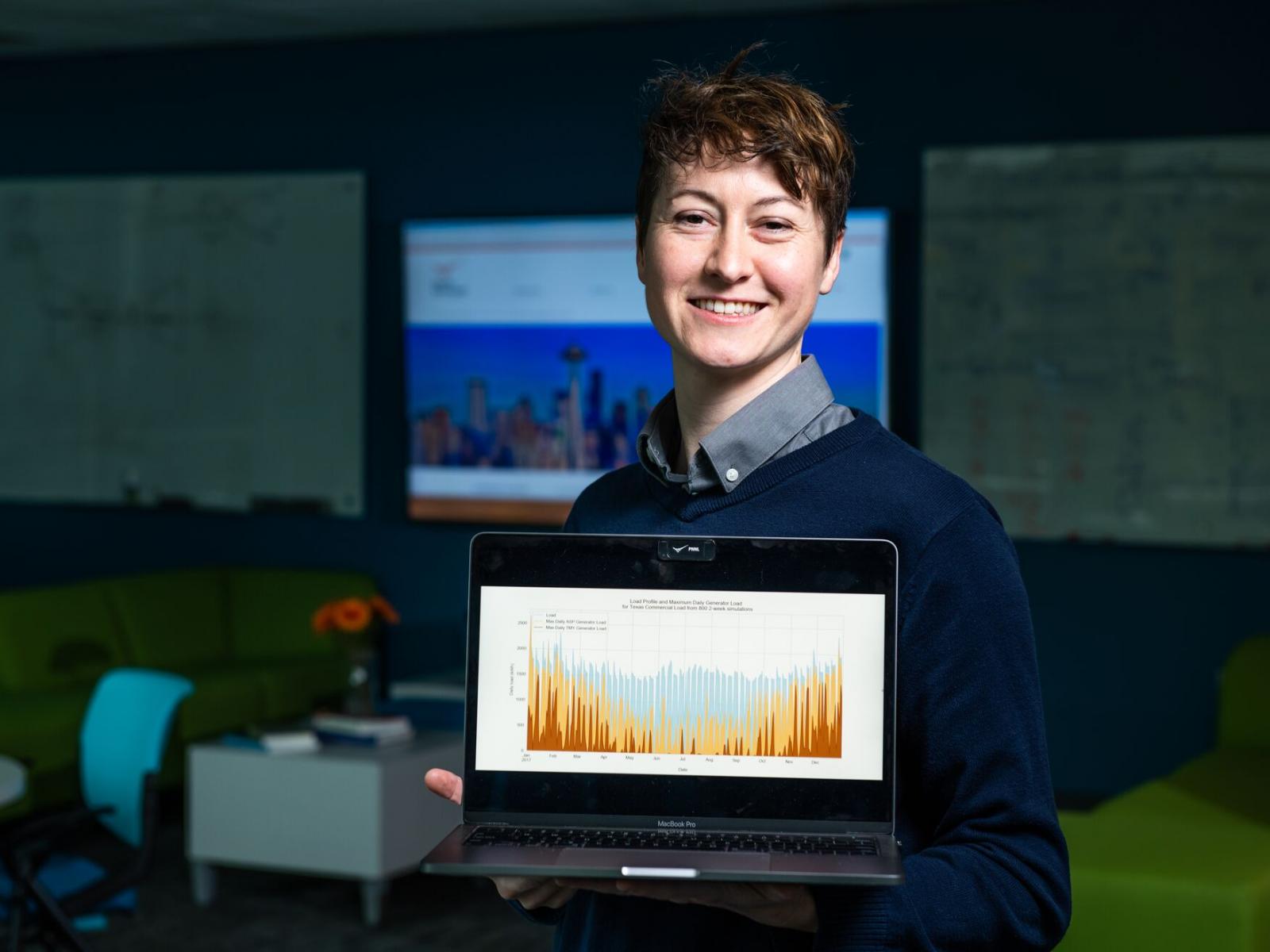
Energy Systems Engineering
The Energy Systems Engineer Group develops software tools and computing methods to speed up and scale the design and operations of energy systems. This group stewards capabilities in:
- Architecture and Communications—Defining architectural principles and data structures to enable the secure design, testing, integration, and coordination of grid edge devices and systems.
- Sensing and Measurement—Designing next-generation sensing and measurement methods and systems that monitor the extended grid state, inform edge-computing resources, and enable both wide‑area monitoring and low-latency controls.
- Advanced Computing—Applying advanced computational methods and architectures, including high-performance, distributed, and quantum computing, used for more efficient system operations in terms of scale and complexity.
- Tool Development - Grid Edge Applications—Leveraging skills in software engineering to develop and deploy tools to enable coordination of intelligent distributed grid devices and systems.
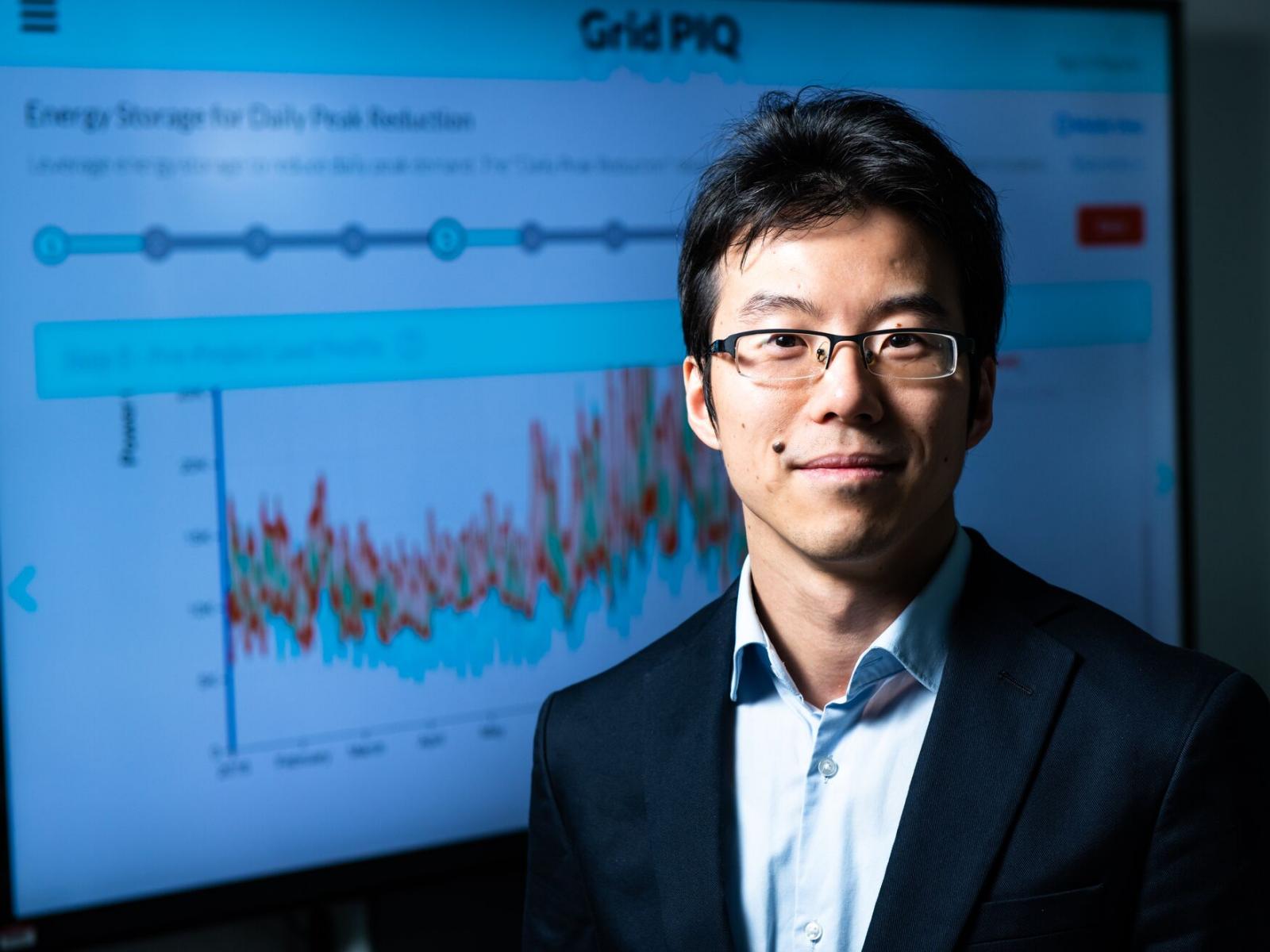
Optimization and Control
The Optimization and Control Group develops methods, algorithms, and applications to control and optimize the reliability, resilience, and efficiency of energy systems. This group stewards capabilities in:
- Control Methods—Developing methods and algorithms grounded in control theory for at-scale integration of new-generation sources and loads for enhanced reliability and resilience of energy systems.
- System Optimization—Developing and applying optimization principles, methods, and tools for better informed planning and more reliable operational decision-making in energy systems.
- Analytics and Learning—Integrating and leveraging machine learning, statistical analysis, and data analytic techniques and approaches to develop next-generation decision-support strategies for energy systems.
- Control Design—Designing control and optimization solutions with a focus on real-world deployment in energy system applications.
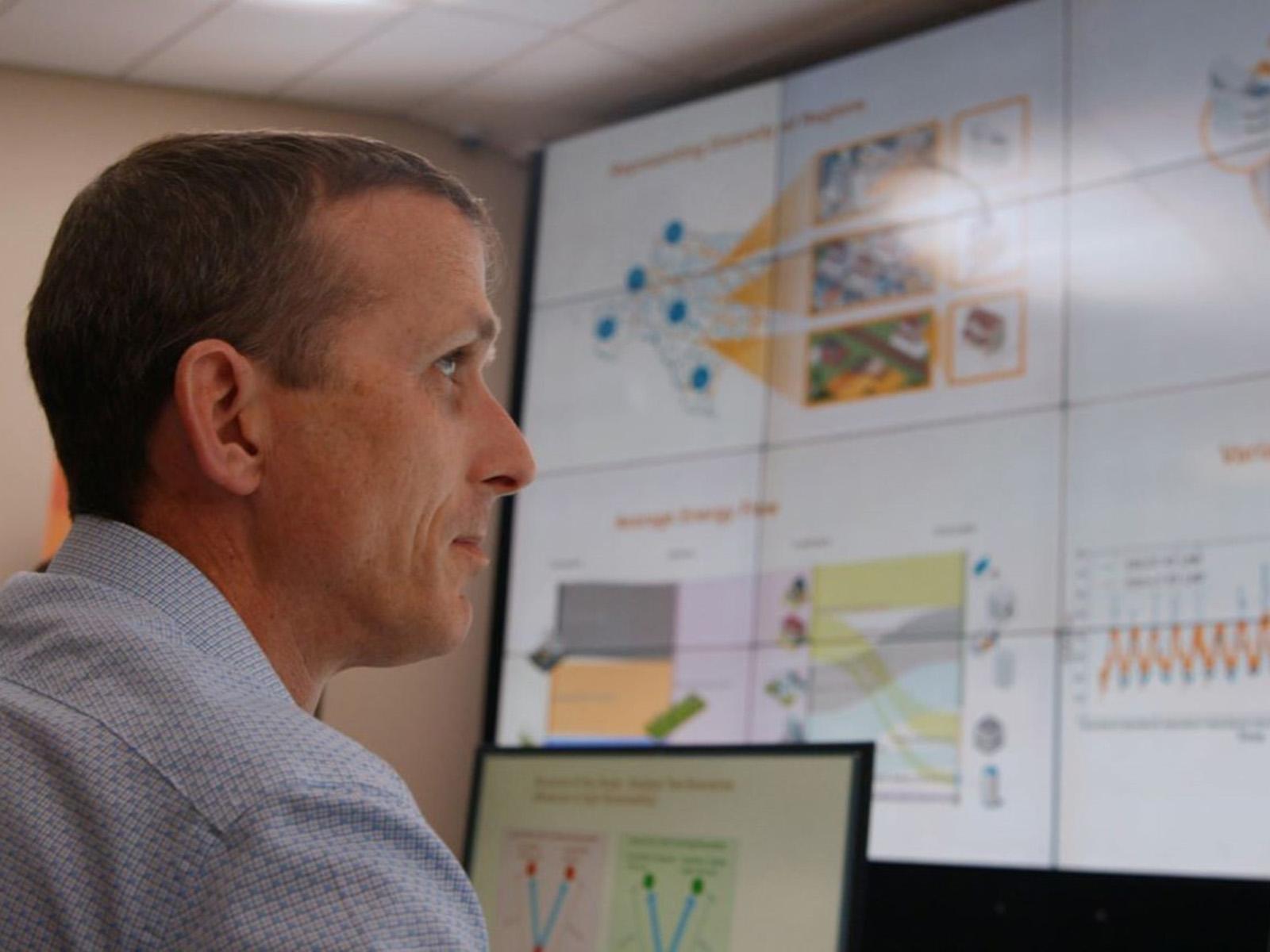
Energy Policy, Economics, and Planning
The Energy Policy, Economics, and Planning Group develops methods for analyzing energy system policies and regulations, and defines new planning frameworks that speed the deployment of a modernized energy system. This group stewards capabilities in:
- Energy Policy—Applying expertise in electricity policy and regulatory structures to provide advanced analysis, planning and decision support, and innovation to meet grid modernization objectives.
- Energy Economics—Utilizing knowledge of economic theory and valuation methods to examine how energy technologies, policies, and market structures influence costs, risks, and system performance to inform decision‑making for a reliable and affordable energy future.
- Energy Transition Planning—Harnessing expertise in energy systems and community, industry, and stakeholder engagement to advance grid planning toward reliability, affordability, and public policy objectives.
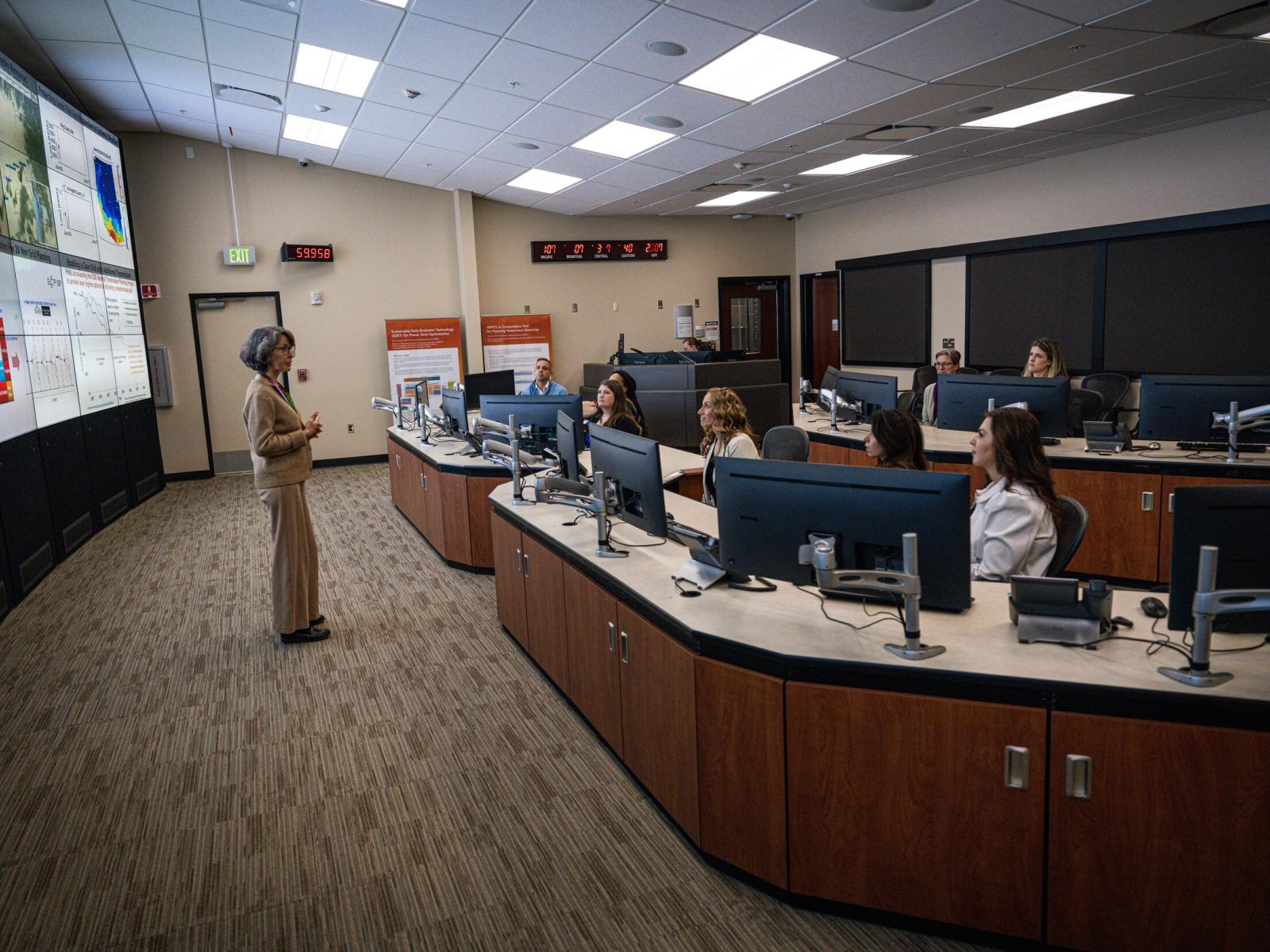
Building Simulation and Design
The Building Simulation and Design Group models and analyzes the impacts of policies and standards to advance energy efficiency, reliability, resiliency, and affordability in new construction. In addition, it develops new workflows for building electrical system design and deploys tools to speed the adoption of energy efficient technologies. This group stewards capabilities in:
- Building Energy Simulation—Applying knowledge of building energy systems and building energy modeling to simulate building performance, evaluate impacts of technologies and policies, promote integrated designs, and advance modeling methodologies.
- Building Electrical Systems Engineering—Leveraging knowledge of building electrical systems to validate technologies and advance digital tools and workflows that facilitate integrated design, configuration, and operation.
- Building Energy Policy—Utilizing knowledge of building energy systems and energy policy to assess their impacts and advise stakeholders on the integration of energy‑efficient technologies through building energy codes and standards.
- Tool Development for Building Applications—Employing knowledge of software engineering to develop and maintain decision-support tools for energy efficiency applications.
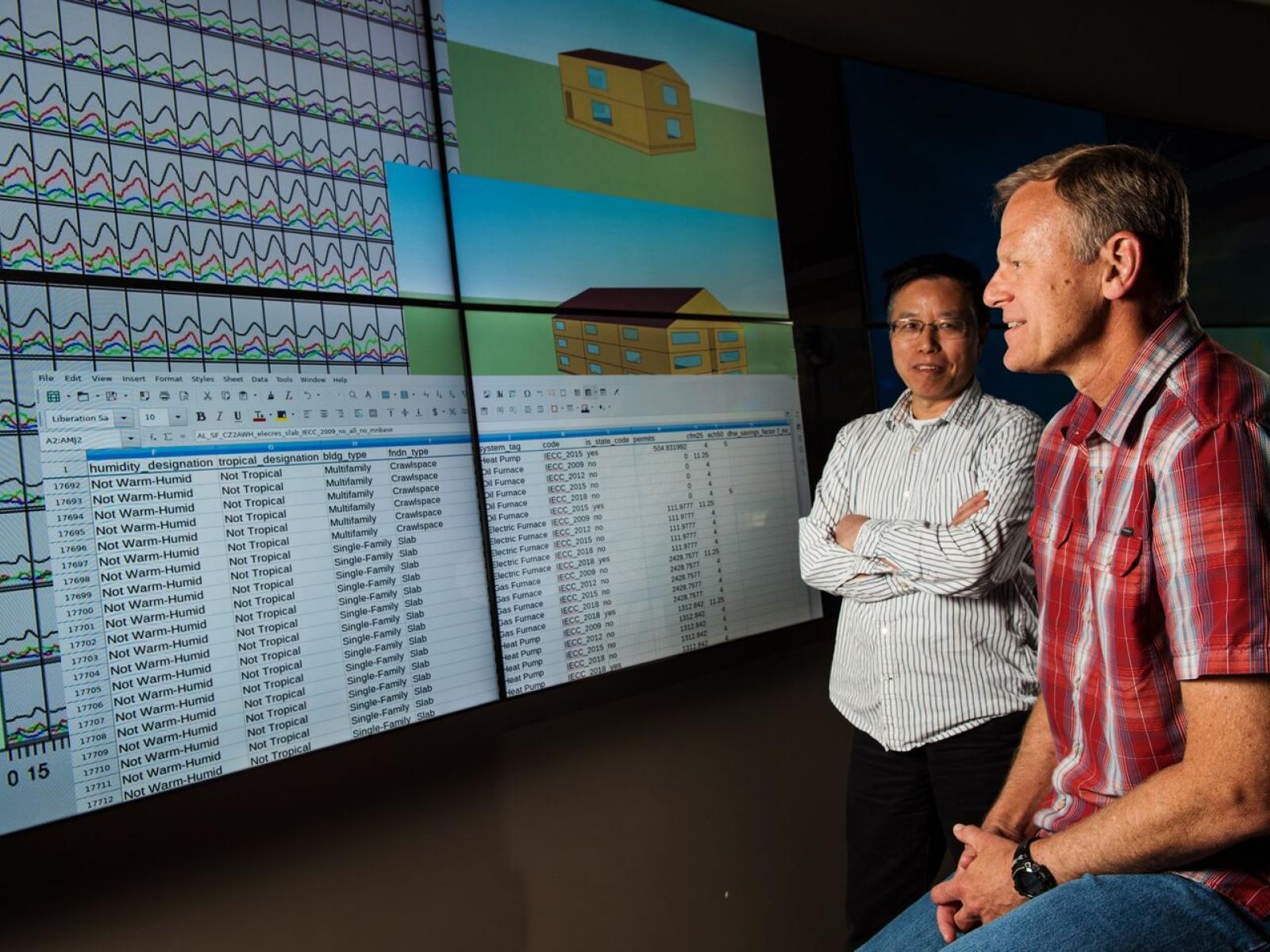
Building Systems
The Building Systems Group performs research and analysis focused on improving the operation and energy-water performance of existing buildings and the integration of new building technologies to improve efficiency, resilience, and indoor environmental quality. The group stewards capabilities in:
- Building Automation and Controls—Applying our advanced knowledge of building automation and control systems together with building operations to validate and deploy energy and water control methods and technologies that optimize performance of HVAC and other building systems.
- Building Mechanical Systems Engineering—Leveraging our knowledge of building systems science and engineering to perform research, testing, and validation of building technologies for energy‑water efficiency in laboratory and field environments.
- Performance Evaluation —Utilizing advanced knowledge of building systems science and engineering to develop, test, and deploy new methods for evaluating and optimizing whole-building and campus performance of energy, water, and resilience systems.
- Indoor Environmental Quality—Harnessing our advanced knowledge of architectural engineering and human factors science to study and improve the interaction of humans with the indoor environment and inform human-centered design of lighting and other building systems for occupant human health, wellbeing, and productivity.

Energy Technology
The Energy Technology Group applies expertise in facility energy technologies and management to improve energy security, abundance, affordability, and resilience to American businesses, industries, and defense installations. The group stewards capabilities in:
- Commercial and Industrial Technical Support—Applying expertise in facility mechanical and electrical equipment, envelope, water, systems, manufacturing, and distribution channels to reduce energy costs and enhance services.
- Federal Technical Support—Applying knowledge of federal agency energy performance mandates, missions, and operations to support the implementation of institutional changes (e.g., programs, policies, behavior) that enable their achievement.
